news
ASUU will continue strike, but is it ethical?
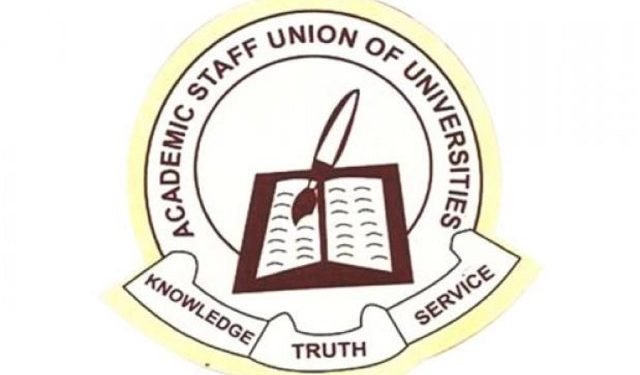

And then ASUU informs that it would not suspend its strike despite the payment of salaries hitherto withheld by the federal government.
ASUU insists that the federal government is not doing it any favour as its members were entitled to the salaries in the first place.
In fact, it now claims the “strike is not just about IPPIS.” ASUU had always claimed its strike was intent on voicing out the many ills in the education sector and rightly so. Until IPPIS happened.
Let’s answer for some unaccounted variables. The 2020 ASUU strike was all about IPPIS, as opposed to what the association said.
Anyone with half their eyes open could see what was apparent. Complaint about the inability of the government to stick to the memorandum of understanding agreed upon in 2009 was conspicuously a little detail pushed out to put the association’s grumbling in good light.
ASUU’s ill-feeling towards IPPIS is summarized in two words: University autonomy. Their contention is that IPPIS infringes on the independence of the university.
But a look at things suggest that the university was hardly ever autonomous. And if it was, can it be autonomous of whoever sponsors it? Any such thing as university autonomy will only thrive in a self-sufficient model. Most federal universities can’t survive without government’s funding.
And there is the recent grumbling that the federal government asked to revalidate the Bank Verification Number of lecturers.
ASUU questioned the sudden change because “members weren’t paid with BVN in the past.” One is confused. What exactly does ASUU want? I say “pick your struggle!”
ASUU would then instruct its members not to submit their BVN. What exactly is wrong in paying through a scheme that promotes transparency? Or what exactly is ASUU’s argument? The association seems to be shooting its position in the leg lately.
This may provoke a change in dynamics as the masses, even more students, begin to reckon with ASUU as a conglomerate of greedy lecturers. Maybe true, maybe not.
Speaking of change in dynamics, the pandemic threatens to tilt the balance of power to the federal government.
There is the question of whether it is thoughtful of ASUU to persist with the strike beyond the pandemic, knowing fully well the impact of the pandemic on the country’s mental state.
There is also a call for rationality. It is laughable that ASUU expects the government to keep to an MoU when its major stream of income has plummeted by more than 50%.
A barrel of oil no longer sells for the budgeted $57. At the genesis of the strike, it was already foretold that oil would drop to $37 in the second quarter —a depressing prediction for Nigeria’s surviving economy.
A barrel of oil went as low as under $20 few weeks back and there are no signs to suggest that it would appreciate to $57 before the year ends.
It is about time we coloured the sketches. This government is no saint either—that much needs be said. The figures directed to the unreasonable establishment of “tatashe” universities in 2018 could easily have been used to raise the standards of existing federal universities, and more importantly, pacify ASUU’s grumblings.
The government also happen to prioritise inconsequential projects like renovation of the senate complex. Not to mention, the insane figures pocketed by government officials.
When two elephants fight, the grass suffers. The government and ASUU are playing delay tactics and politics with innocent students’ future.
The calendar has been disjointed by the pandemic. Students can’t absorb any further damage from an association that claims to be committed to their interest.
ASUU will continue its strike, but is it ethical? Is it right to speak with a tone that suggest it is unwilling to agree to any compromise?
news
JUST IN: Court Rejects “Terrorists’ Negotiator” Tukur Mamu’s Third Bail Application
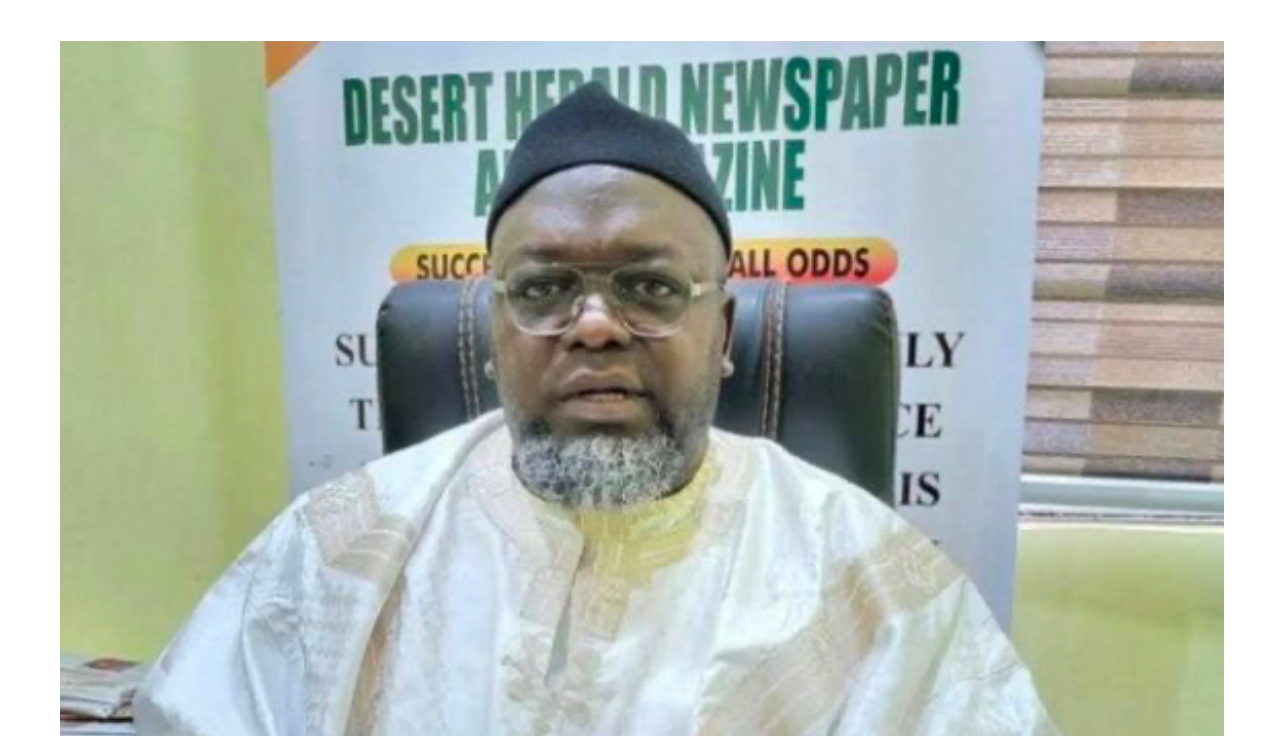
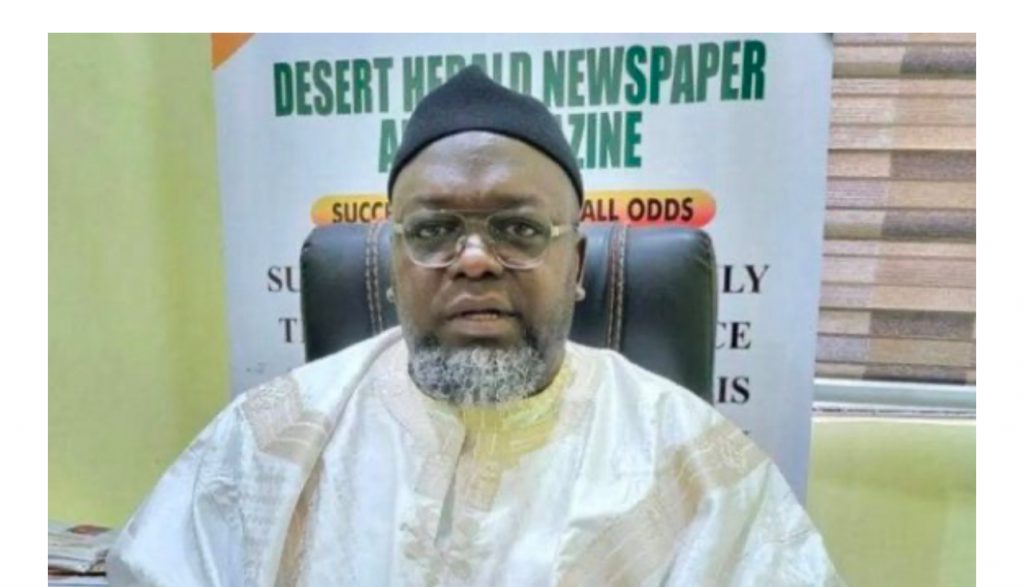
A Federal High Court in Abuja has rejected a fresh application for bail filed by detained alleged terrorists negotiator, Tukur Mohammed Mamu.
Justice Mohammed Umar, in a ruling on Wednesday, noted the health complaint by Mamu and held that the detaining authority, the Department of State Services (DSS) should not release him but take him to an appropriate health facility where he would be adequately attended to.
Justice Umar noted that, by the history of the case so far, the prosecution has exhibited diligence in it handling of the case and exhibited diligence in prosecuting the case.
The judge said one of the reasons for granting bail is where the prosecution is not diligent, noting that since the prosecution in this case is diligent, the application for bail cannot be granted.
He subsequently ordered that the defence lawyer should choose the health facility comfortable to the defendant, to which he should be promptly taken.
He also asked the DSS to allow the defendant access to members of his family.
The ruling on Wednesday is the third time the court will reject his application for bail since his was arraigned on March 21, 2023 by the Federal Government on a 10-count charge bordering on terrorism financing, among others.
Mamu was arrested on September 7, 2022 by Egyptian security officials at the Cairo International Airport, on reasonable suspicion of financing Boko Haram terrorism activities.
He was alleged to have convinced the terrorists to discuss ransom payments with individual families of the hostages of the train attack instead of the Chief of Defense Staff Committee set up by the Federal Government for his personal financial gain.
He was said to have been nominated by the terrorists that attacked the Abuja-Kaduna bound train sometime in March 2022 which took scores of persons hostage.
Mamu was alleged to have collected ransoms on behalf of the Boko Haram terrorists from families of hostages, confirmed the amount and facilitated the delivery of same to the terrorists.
news
BREAKING: ASUU suspends two-week warning strike
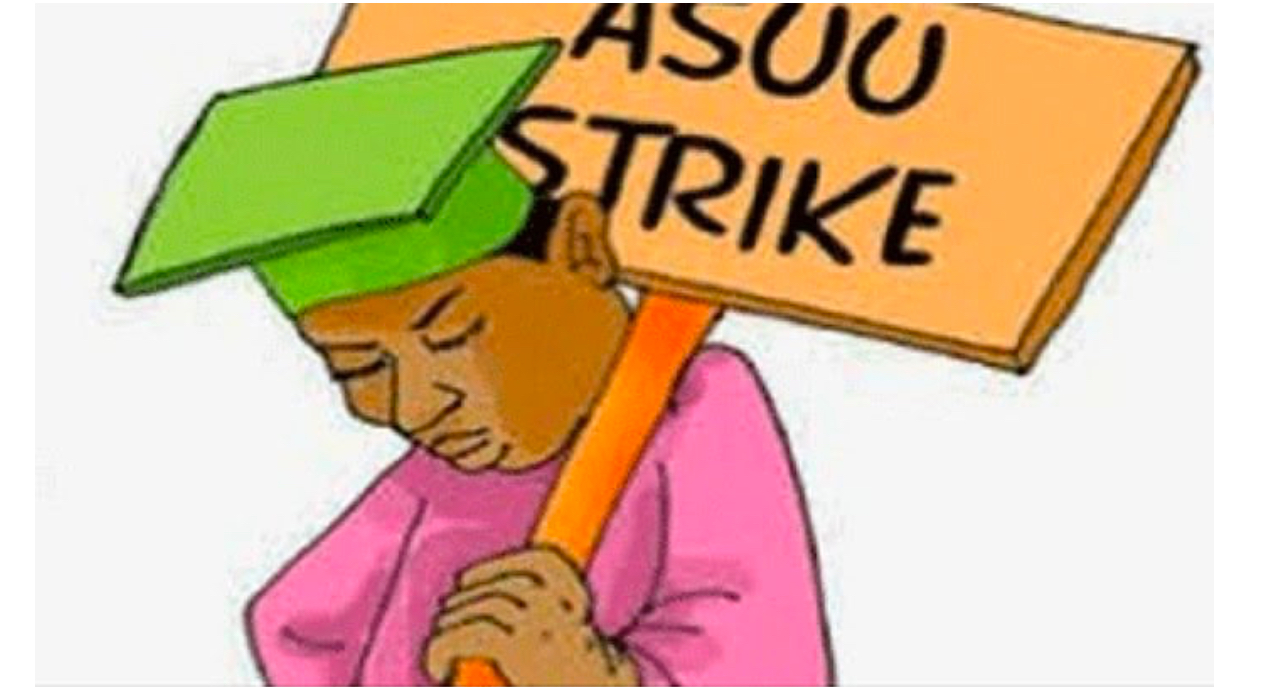
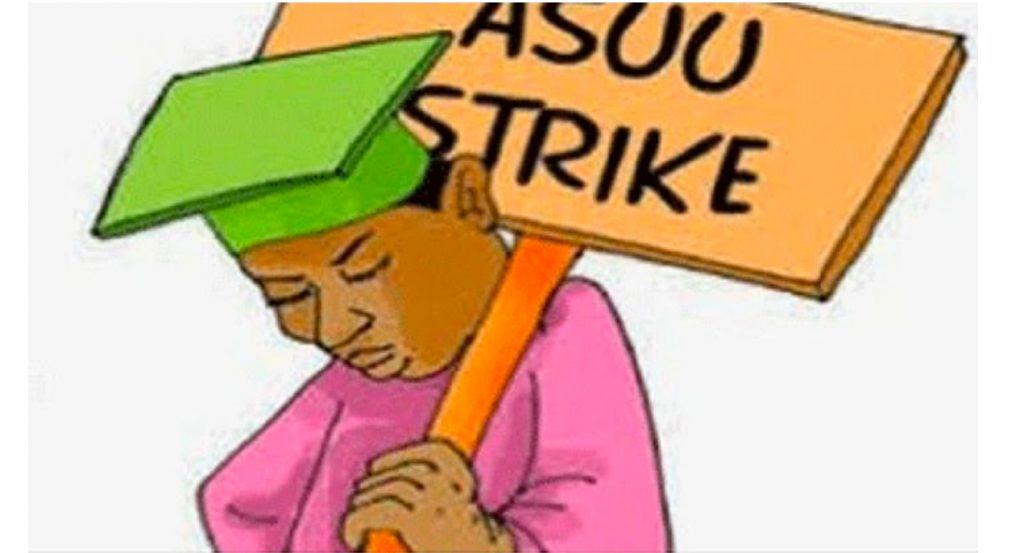
The Academic Staff Union of Universities has announced the suspension of its ongoing two-week warning strike.
The National President of ASUU, Prof. Chris Piwuna, made this known in an ongoing press briefing in Abuja on Wednesday.
According to Piwuna, the decision stemmed from the meeting of the National Executive Council meeting which was held overnight and ended by 4:00 am on Wednesday.
Piwuna noted that the union decided to embark on the strike due to the failure of the government to meet its demands on time.
“We’ve had useful engagements with representatives of the government to consider the response to the draft renegotiation of the 2009 agreements. However, we are definitely not where we were prior to the commencement of the strike.
news
Update : police tracks down mastermind of railway vandalism, recovers load of stolen Materials in Plateau, Says Opeifa
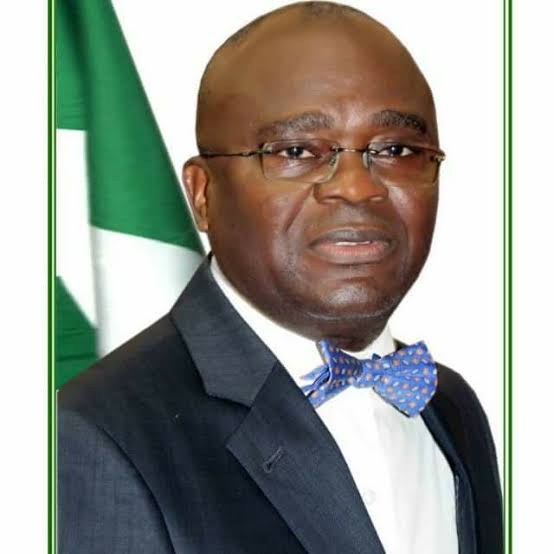

The Nigerian Railway Corporation (NRC) had a major breakthrough recently it its efforts to apprehend the vandals of its critical assets across the country.
Towards this end, the Corporation’s police Command has arrested one Musa Abdullahi, aka Major aged 32, a notorious receiver and kingpin of vandalized railway materials, in Kaduna.
The arrest was a major success recorded by the Corporation in its campaign against the vandalisation and theft of railway materials, just as it intercepted a trailer loaded with railway components In plateau State.
In Kaduna, operatives of the Nigerian Police, Railway Command, arrested the suspect around the Rigasa area.
His arrest followed intelligence reports on the vandalism of electrical installations along the Mando–Rigasa corridor on Tuesday,14th October 2025.
Investigation is ongoing, and the case will be charged to court on conclusion.
In Plateau State, operatives of the Nigeria Police, Railway Command, intercepted trailer conveying large quantities of railway materials along KM 822–823, Foromaxis, in the early hours of Tuesday, 14th October 2025.
The truck, which was abandoned by its driver who fled the scene, was successfully towed to the Jos Railway Police Station on Wednesday, 15th October 2025.
Investigation is on going to uncover and apprehend all individuals connected to the theft.
The Managing Director of the NRC, Dr. Kayode Opeifa, commended the Nigeria Police for their professionalism, intelligence-led operation, and swift action in handling both incidents.
He described the arrests and recovery as clear evidence of the renewed synergy between the Corporation and security agencies in protecting critical railway infrastructure across the country.
Dr. Opeifa reaffirmed the Corporation’s resolve to strengthen collaboration with the Nigeria Police, the Nigeria Security and Civil Defence Corps (NSCDC), and other security formations to ensure that vandals, receivers, and collaborators are brought to justice.
He emphasized that such criminal acts amount to economic sabotage, warning that the NRC Management will continue to pursue zero tolerance for vandalism through enhanced surveillance, community engagement,and intelligence sharing.
Opeifa further appealed to residents of communities hosting railway facilities to remain vigilant and promptly report any suspicious movement around rail installations.
He noted that the railway system remains a major driver of national development and urged the public to view its protection as a shared responsibility.
-

 news5 years ago
news5 years agoUPDATE: #ENDSARS: CCTV footage of Lekki shootings intact – Says Sanwo – Olu
-

 lifestyle5 years ago
lifestyle5 years agoFormer Miss World: Mixed reactions trail Agbani Darego’s looks
-

 health5 years ago
health5 years agoChairman Agege LG, Ganiyu Egunjobi Receives Covid-19 Vaccines
-

 lifestyle4 years ago
lifestyle4 years agoObateru: Celebrating a Quintessential PR Man at 60
-

 health5 years ago
health5 years agoUPDATE : Nigeria Records 790 new cases of COVID-19
-

 health5 years ago
health5 years agoBREAKING: Nigeria confirms 663 new cases of COVID-19
-

 entertainment9 months ago
entertainment9 months agoAshny Set for Valentine Special and new Album ‘ Femme Fatale’
-

 news5 months ago
news5 months agoBREAKING: Tinubu swears in new NNPCL Board


